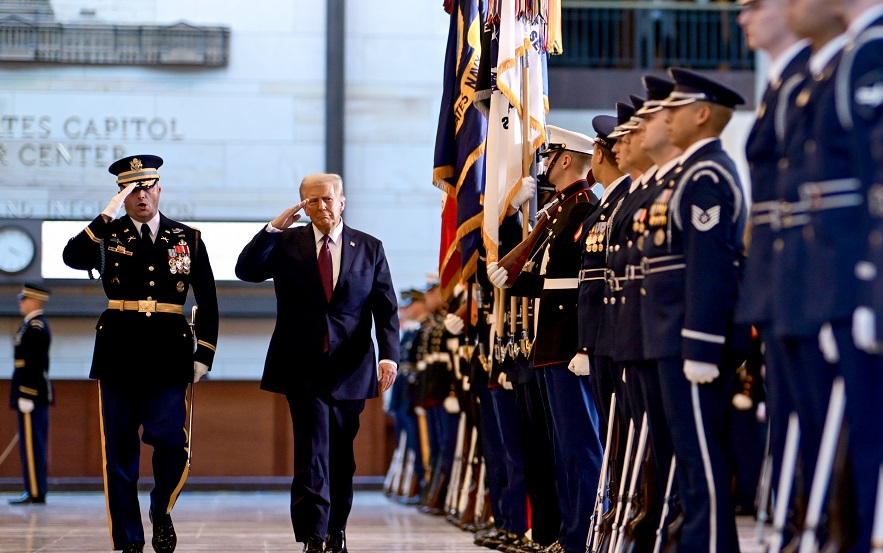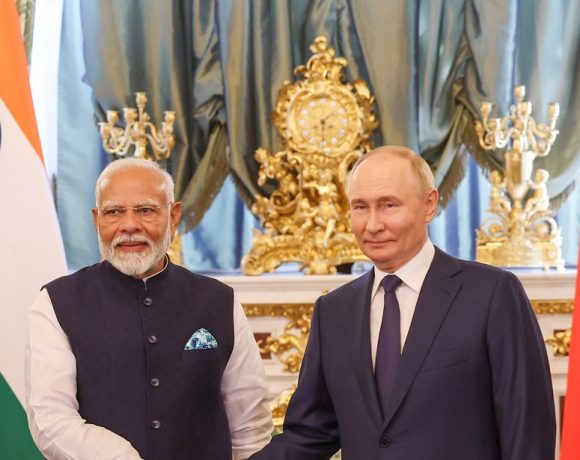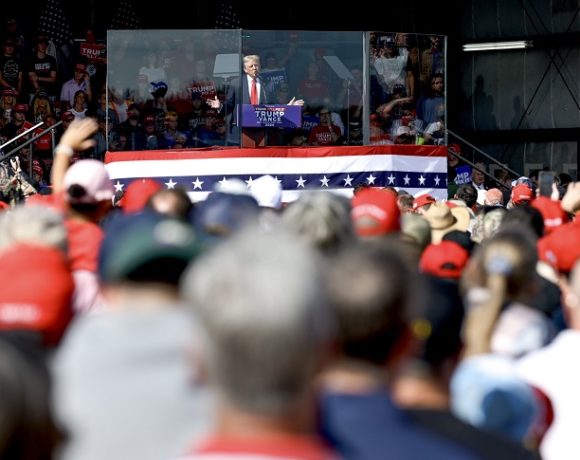
US to Pause Migration from “Third World” Countries: What’s the Reality
US President Donald J. Trump announced on November 28, 2025, that his administration intends to “permanently pause migration from all Third World countries.” He justified the move by saying the U.S. immigration system needs time to “recover,” and linked the decision to a recent deadly shooting near the White House.
What the Policy Would Do
Under the proposed policy, entrants from a wide list of countries — particularly from Africa, the Middle East and parts of Asia — would effectively be barred from immigrating. The pause would reportedly apply to asylum seekers, refugees, and other applicants from these “Third World” nations. Existing visa or green-card holders are unlikely to be directly affected by the ban. The announcement also signals an end to many immigration benefits and subsidies for non-citizens.
Context: National Guard Shooting Trigger
The statement came hours after a National Guard member died in a shooting near the White House — an attack authorities say was carried out by an Afghan national. That incident has triggered a broad crackdown on immigration, asylum and refugee policies by the administration. Several existing immigration streams, including refugee admissions and asylum applications from countries of concern, are now under review.
Reactions and Concerns
Human rights organizations and refugee advocates have strongly criticised the decision. They argue a blanket pause would punish many people who fled conflict and persecution and had nothing to do with the recent violence. Critics warn it undermines the principles of asylum and could leave vulnerable individuals stranded without legal recourse.
What Remains Unclear
Despite the announcement, the administration has not released a definitive list of “Third World” countries covered by the pause — leaving many in limbo. It is also unclear how permanent this freeze will be, and whether exemptions (for certain categories like refugees, skilled workers, or dependents) might apply. Courts may be asked to review the legality of such a sweeping immigration ban.


















